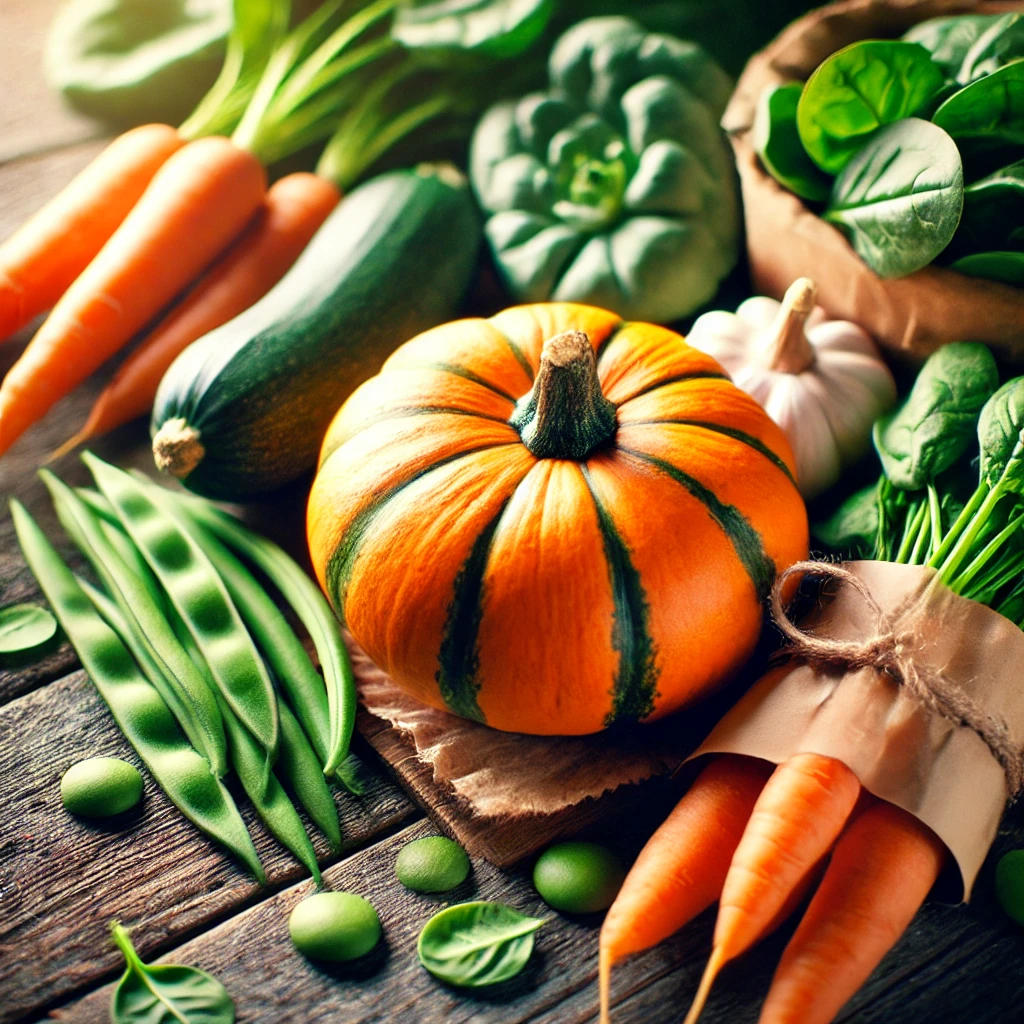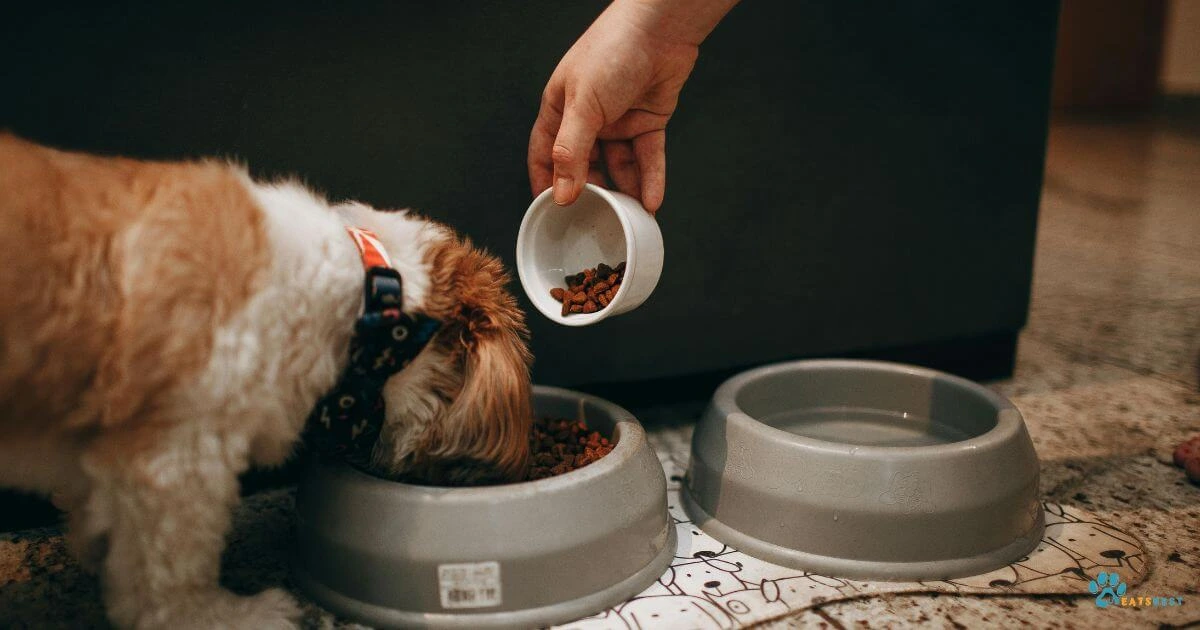Dog Pancreatitis Diet Homemade: The Best Guide to Managing Your Dog’s Health
Dog Pancreatitis Diet Homemade is critical for controlling your dog’s health, necessitating a well-balanced, low-fat diet that is easy to digest. A homemade diet might be an excellent alternative because it gives pet owners control over the materials and ensures proper nutrition. By providing lean proteins, fiber-rich veggies, and easily digestible carbohydrates, you may promote your dog’s health while decreasing pancreas stress. This book will offer you with key nutritional advice, item options, and sample meal plans to assist you in creating a safe and nutritious diet for your pet.
Table of Contents
Symptoms and Diagnosis
Pancreatitis in dogs can present various symptoms, including vomiting, diarrhea, abdominal pain, lethargy, and loss of appetite. Diagnosis typically involves a combination of physical examination, blood tests, and imaging techniques such as ultrasound to confirm inflammation of the pancreas.
Causes and Risk Factors
The condition can result from several factors, including high-fat diets, obesity, certain medications, and genetic predisposition. Recognizing these risk factors is essential to prevent the onset of pancreatitis and manage it effectively.
Importance of Proper Diet
A proper diet is crucial in managing pancreatitis. It helps minimize pancreatic stress by reducing the secretion of digestive enzymes that can exacerbate inflammation and pain.
Nutritional Needs for Dogs with Pancreatitis
Low-Fat Content
Fat is a primary culprit in pancreatitis flare-ups. A low-fat diet is essential to reduce the pancreas’s workload, thereby preventing further inflammation and promoting healing.
Easily Digestible Proteins
Proteins that are easily digestible, such as lean chicken or fish, are ideal for dogs with pancreatitis. These proteins supply necessary nutrients without overstressing the pancreas.
Essential Vitamins and Minerals
A balanced diet should include essential vitamins and minerals to support overall health. Incorporating foods rich in antioxidants can also aid in reducing inflammation and promoting recovery.
Best Ingredients for Homemade Dog Food
Lean Meats and Poultry
Lean meats such as turkey, chicken (skinless), and rabbit are excellent protein sources for dogs with pancreatitis. They provide necessary nutrients while keeping fat content low.
Vegetables Good for Dogs with Pancreatitis

Vegetables such as pumpkin, spinach, carrots, and green beans are beneficial. These vegetables are low in fat, rich in fiber, and provide essential vitamins and minerals.
Whole Grains and Carbohydrates
Whole grains, including brown rice and quinoa, are good carbohydrate sources. They are easily digestible and provide an energy boost without triggering pancreatic stress.
Dry Dog Food for Pancreatitis
For convenience, select dry dog foods specifically formulated for pancreatitis. These foods ensure balanced nutrition with controlled fat levels, making them safe for regular consumption.
Sample Homemade Diet Plans
Balanced Meal Recipes
A simple recipe includes boiled chicken breast, steamed carrots, and brown rice mixed with a small amount of boiled pumpkin. This meal offers a balance of protein, vitamins, and carbohydrates.
Snack and Treat Options
Snacks like apple slices (without seeds) or green beans can serve as treats. Avoid high-fat treats and those with added sugars or artificial ingredients.
Portion Control and Feeding Guidelines
Feeding smaller, more frequent meals helps prevent overloading the digestive system. Adjust portion sizes based on your dog’s weight and activity level, aiming to maintain a healthy weight.
Dog Pancreatitis Diet Homemade Chicken
Combine shredded, boiled chicken breast with steamed vegetables and a small amount of plain quinoa. This diet balances protein, fiber, and carbohydrates while keeping fat content minimal.
Monitoring and Adjusting the Diet
Signs of Improvement
Monitor your dog for signs of improvement, including increased energy, regular bowel movements, and a healthy appetite. Improvement in symptoms indicates that the diet plan is effective.
Consulting with a Veterinarian
Regular consultation with your veterinarian is essential. They can provide personalized dietary recommendations and adjust the diet plan as needed, ensuring the best care for your dog.
Adjustments for Individual Needs
Each dog has unique dietary needs. Be attentive to your dog’s responses to the diet and make adjustments as necessary. Flexibility in the diet plan ensures your dog maintains optimal health while managing pancreatitis effectively.
What Toxins Cause Pancreatitis in Dogs?
Several toxins can cause pancreatitis in dogs. These include:
- High-fat human foods – Table scraps like fried foods, bacon, and fatty meats can overload the pancreas and trigger inflammation.
- Certain medications – Some medications, including corticosteroids and certain antibiotics, have been linked to pancreatitis in dogs.
- Toxic plants – Ingesting toxic plants like sago palm can lead to severe pancreatic distress.
- Household chemicals – Toxic compounds like insecticides, cleaning agents, and antifreeze can cause inflammation in the pancreas.
- Spoiled or rancid food – Consuming moldy or expired food might introduce hazardous germs and poisons, potentially causing pancreatitis.
Dog owners can help prevent pancreatitis and improve their pet’s general health by avoiding exposure to these poisons and maintaining a well-balanced, low-fat diet.

